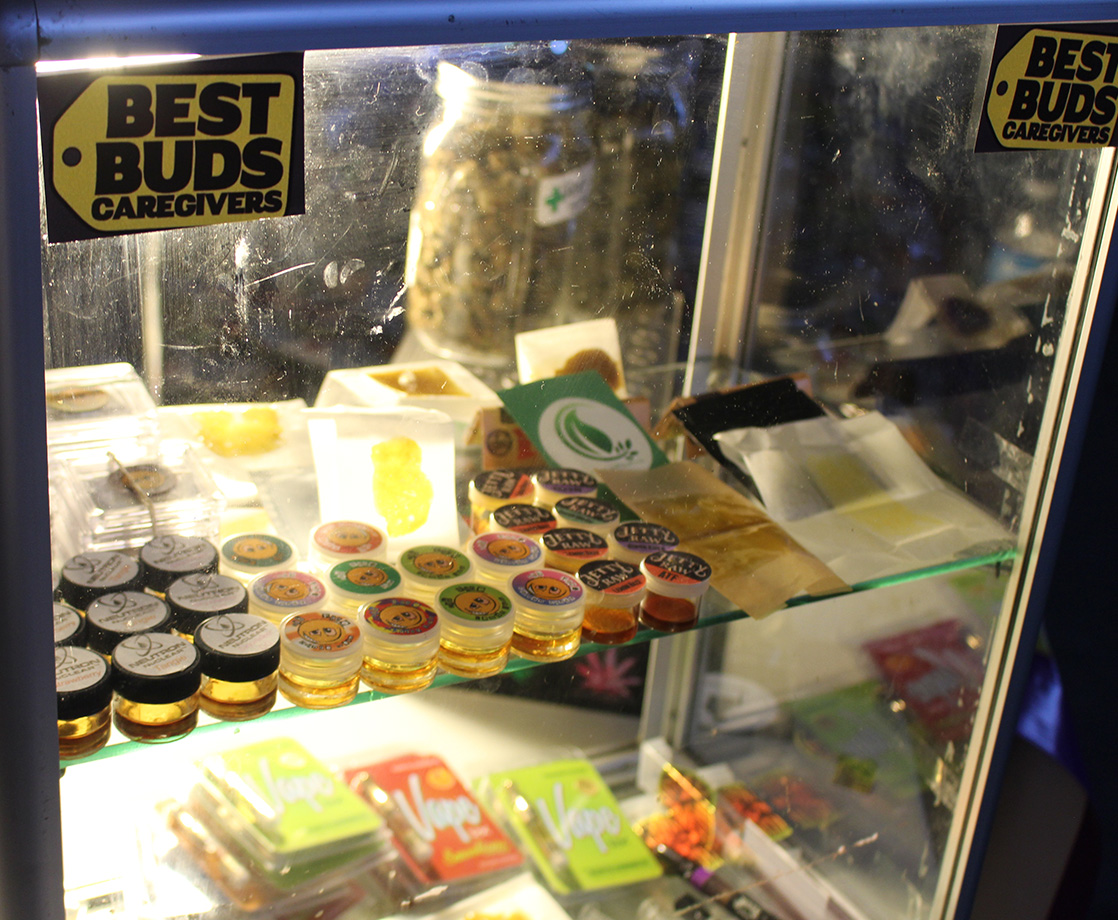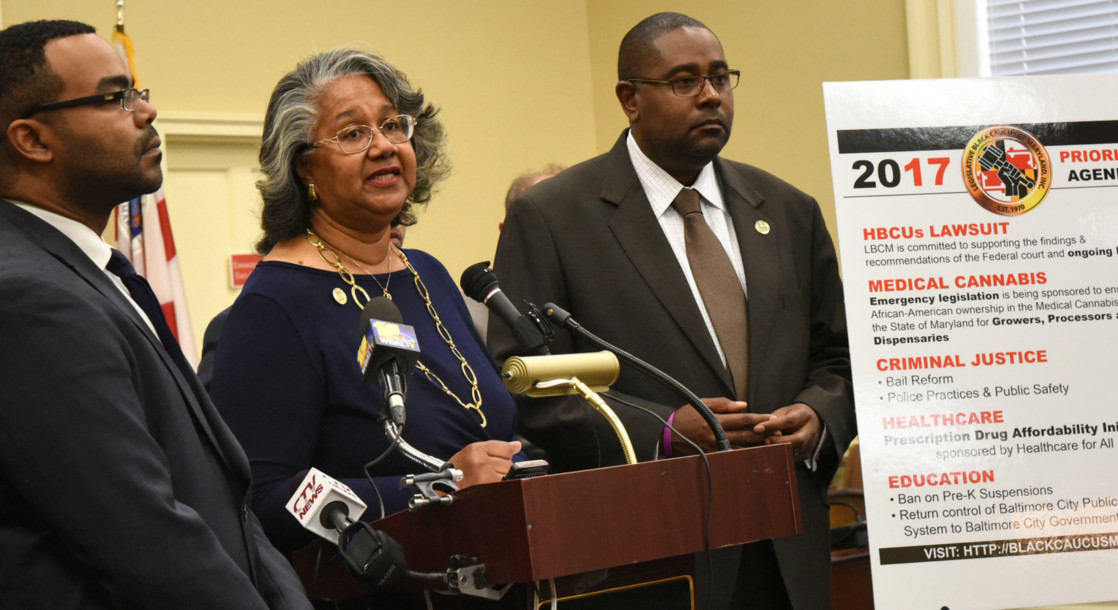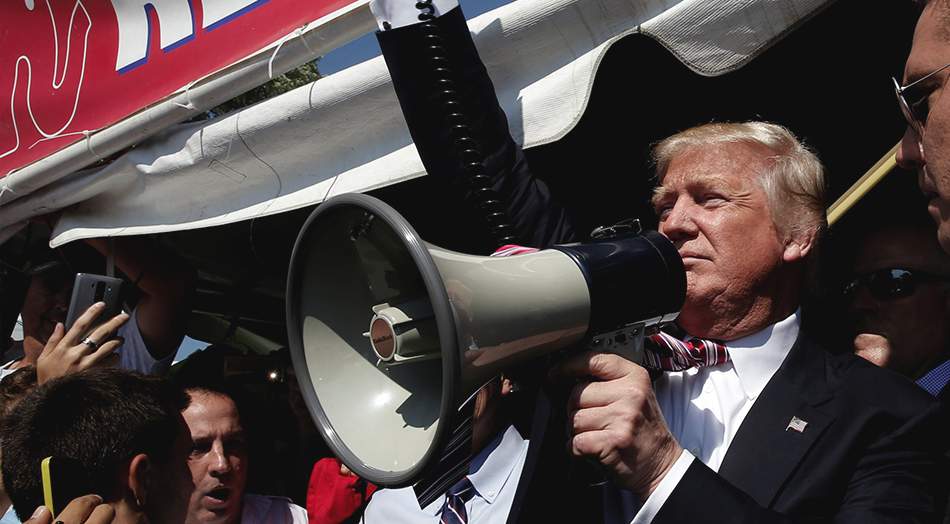The Minnesota Department of Health has added to the list of qualifying conditions for which medical marijuana can be recommended, expanding one of the strictest MMJ programs in the country. As of next July, patients suffering from autism spectrum disorders and sleep apnea will get the chance to explore medical cannabis as a treatment. Once they have enrolled in the program, these patients will be able to purchase medical cannabis from one of the state's two licensed manufacturers starting August 1st.
"Any policy decisions about cannabis are difficult due to the relative lack of published scientific evidence," Health Commissioner Dr. Ed Ehlinger said in a statement, MPR News reports. "However, there is increasing evidence for potential benefits of medical cannabis for those with severe autism and obstructive sleep apnea." The statement notes that the department's research "identified some scientific evidence of effectiveness of cannabis treatments" in treating sleep apnea.
The statement also highlights that the Health Department conducted a study on treatments for autism-related disorders, and found that the "lack of effective drug treatments, the potentially severe side effects of current drug treatments, and anecdotal evidence of Minnesota children with autism already receiving benefits from medical cannabis taken for other qualifying conditions" supported adding these health afflictions to the list, which were subsequently approved during an annual review of requests to expand the MMJ program.
The original law allowed for nine qualifying conditions, including cancer, glaucoma, AIDS, terminal illness, and seizure disorders, but the Health Department has been expanding the list every year. The two new added conditions, plus last year's addition of PTSD, brings the total number of qualifying conditions in Minnesota up to thirteen.
Although these new conditions expand the number of Minnesotans who are authorized to use medical cannabis, the state's restrictive regulations are making it difficult for currently-registered patients to acquire their medicine. State law only allows for two medical cannabis manufacturers and requires that each of the companies have their products tested by a third-party lab. Delays in the testing process have added roadblocks for one of these two providers, LeafLine Labs.
LeafLine executive Andrew Bachman told the Associated Press that while his company has plenty of cannabis in stock, "unforeseen delays at the lab, including the recent holiday," have left them "waiting for our certificate of analysis to release more product to our patients." The company will be temporarily closing one of its four dispensaries until the issue can be resolved.
"We sincerely apologize to our patients who are inconvenienced by any delays, but [we'll] never compromise on patient safety and program compliance," Bachman said. "We are actively working to reschedule appointments."











